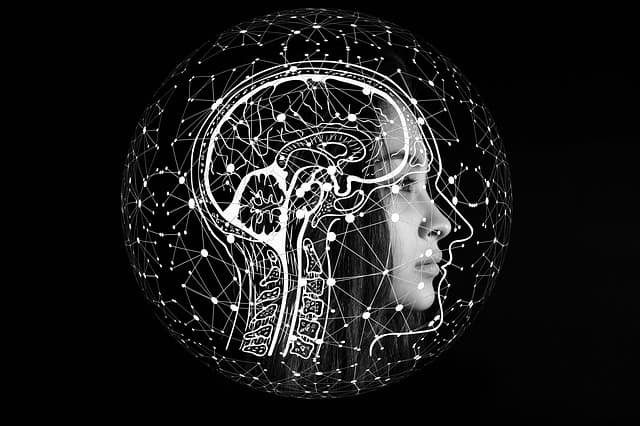In the United States education system, the eighth grade corresponds to students between 13-14 years old. The twelfth grade corresponds to students between 17-18 years old.
Now, the Allen Institute of Artificial Intelligence, a laboratory located in Seattle, has learned about a new system that has passed its exams. Specifically, it correctly answered more than 90 percent of the questions on an eighth grade science exam and over 80 percent on a twelfth grade exam.
Aristo
The system, called Aristo, can understand languages and mimic the logic and decision making of humans. The Allen Institute researchers began working at Aristo (they wanted to build a “digital Aristotle”) in 2013, just after the lab was founded by Seattle billionaire and Microsoft co-founder Paul Allen.
A science test is not something that can be mastered only by learning rules. It requires making connections using logic. That is why they accepted the challenge of Aristo undergoing standard exams given to students in New York, although the Allen Institute eliminated all questions that included images and diagrams.
Some examples of questions were: A group of tissues that work together to perform a specific function is called :
(1) an organ
(2) an organism
(3) a system
(4) a cell
What change would probably cause a decrease in the number of squirrels living in an area?
(1) a decrease in the number of predators
(2) a decrease in competition between squirrels
(3) an increase in available food
(4) an increase in the number of forest fires
Aristo has been largely driven by the so-called artificial neural networks or connectionist systems, complex mathematical systems that can learn tasks by analyzing large amounts of data. By identifying patterns in thousands of dog photos, for example, a neural network can learn to recognize a dog.
Despite the success, the future of these systems is difficult to predict because language is only a piece of the intelligence puzzle, although the system could be used for much more natural language recognition or so that we can hold conversations with our artificial assistants in a way more adjusted to reality.
All in all, Aristo’s long-term goal is not only to pass standard scientific tests, but to create a system that has a deeper understanding of science, with many potential applications. There are three areas in particular that seem promising. The first focuses on the area of education and personalized education, where Aristo could help a child understand science by providing personalized tutoring. The second is to help scientists, for example by offering background information on scientific concepts and previous work to a scientist in a laboratory. Finally, in the longer term, Aristo could help in the scientific discovery itself, connecting the points where people had not been able to do so in the past, in areas such as medicine or engineering.
